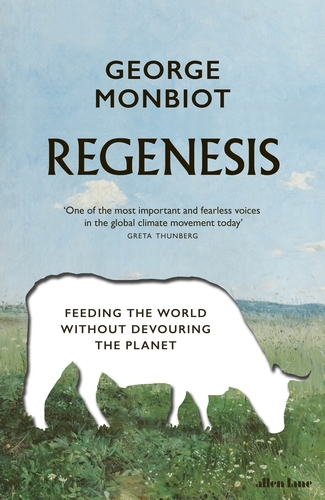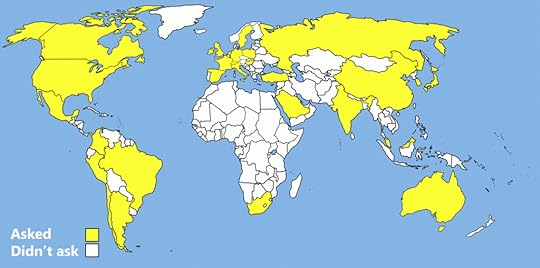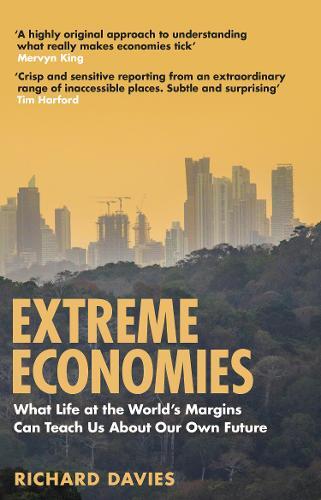Jeremy Williams's Blog, page 62
July 7, 2022
Kenyan boatbuilders turn to plastic
Lamu, an island off the coast of Kenya, has a rich heritage of boatbuilding. Their traditional dhows were built from hardwoods that are increasingly expensive, and the industry has been undermined by cheaper fibreglass boats. But a new project could revive boat-building skills and help to clean up plastic pollution at the same time.
The FlipFlopi project collects waste plastic from Lamu, and has developed techniques with local master boatbuilders to turn it into boats. The experimental FlipF...
July 6, 2022
The huge impact of private jets
A mile down the road from my house is Luton Airport, currently Britain’s fifth largest airport. When it comes to private jets however, it’s number one – or at least it was pre-pandemic. More private jets come and go from Luton than from any other UK airport, with Harrods Aviation and Signature both based there.
Luton Airport plans to expand using a mechanism called Green Controlled Growth, which I’ve written about elsewhere. But private aviation cannot be squared with any kind of sustainabil...
July 5, 2022
UK is not yet on track for net zero
The Climate Change Committee is the government’s official climate advisory body, and last week they delivered their latest progress report. Their headline conclusion is that “current programmes will not deliver net zero”, and that there are “major failures in delivery” beyond a couple of well performing sectors.
In the last decade, Britain has made major progress on decarbonising electricity. It’s been the main driver of falling emissions, as renewable energy capacity has grown and coal has ...
July 4, 2022
Book review: Regenesis, by George Monbiot

George Monbiot has made a career out of saying unpopular things and challenging the status quo, always with painstaking research and investigative dilligence. In his latest book he turns his attention to farming and the global food system, and it’s a formidable piece of work.
There’s no introduction in Regenesis. No preface or sense of where we’re going. It starts instead in an orchard, and with a detailed celebration of soil ecology – its complexity, its interconnectedness, its mystery. ...
July 2, 2022
What we learned this week
“What the agriculture sector needs right now is a Bean New Deal – a large scale investment in legume production, and a snazzy brand campaign to boot” argues Matthew Miles Goodrich in The Nation.
The latest issue of the Zero Carbon Newsletter is out, if you want to catch up with my more local activities – with a guest article from Putteridge High School, who I went to visit this week to talk about their green ambitions.
What’s going to happen to all the batteries out of those Toyota Priuse...
July 1, 2022
The many uses of a rooftop
An unusual month-long event closed in Rotterdam this week – one that I didn’t get to visit, but that I think raises some interesting ideas. The event is called Rooftop Walk, and it is a series of events and exhibitions held on rooftops around the city, with walkways and bridges that make them accessible. (Great picture of the route here) It’s part of an ongoing programme of events that aims to highlight the fact that in most cities, rooftops are under-used space.
Rotterdam has 18 square kilo...
June 30, 2022
Video: Trapped by Plastic
Trapped by Plastic is a short film from First Move Productions, profiling the work of UK artist Mandy Barker. She works with discarded plastics scavenged off beaches and sent in by the public, and uses them to create large scale, multi-layered photographs.
I’ve seen art using waste plastic before, but I think there’s a kind of haunted beauty to Barker’s work that is particularly striking, and I wanted to share the video. You might want to check out more of her projects, or see if there’s an ...
June 29, 2022
Open letter: Ipsos, you missed a bit
Dear Ipsos,
I was interested to read the results of your recent survey on concern about climate change around the world. Thank you for taking the time to ask 23,577 people in 31 countries how worried they are about climate change.
However, I would like to point out a problem with the distribution of opinion. I made a quick map of the countries where citizens had an opportunity to take part in the survey, and those you didn’t ask:

Ipsos, you forgot to ask Africa.
Not entirely –...
June 28, 2022
The economics of maturity
Last week I read Richard Davies’ book Extreme Economies, and one of the places he investigates is Japan. In the course of discussing an aging population, he mentions some theories around life-cycle economics. In the 1950s, Italian economist Franco Modigliano suggested that people live their economic lives in three acts, moving from dependency to maturity to retirement.

Putting aside childhood and youth, which are obviously the first stages of dependency, the first part of our economic liv...
June 27, 2022
Book review: Extreme Economies, by Richard Davies

Extreme Economies is a book with an intriguing premise: extremes can pare things back to basic principles and allow us to look at them in new ways. So Davies travels to a series of inhospitable locations to see for himself how people survive, trade, and make a living for themselves in extraordinary circumstances.
The book features three different sets of extremes. In part one it looks at survival, visiting places that are under pressure and where life is fragile. We visit Aceh, in recove...



